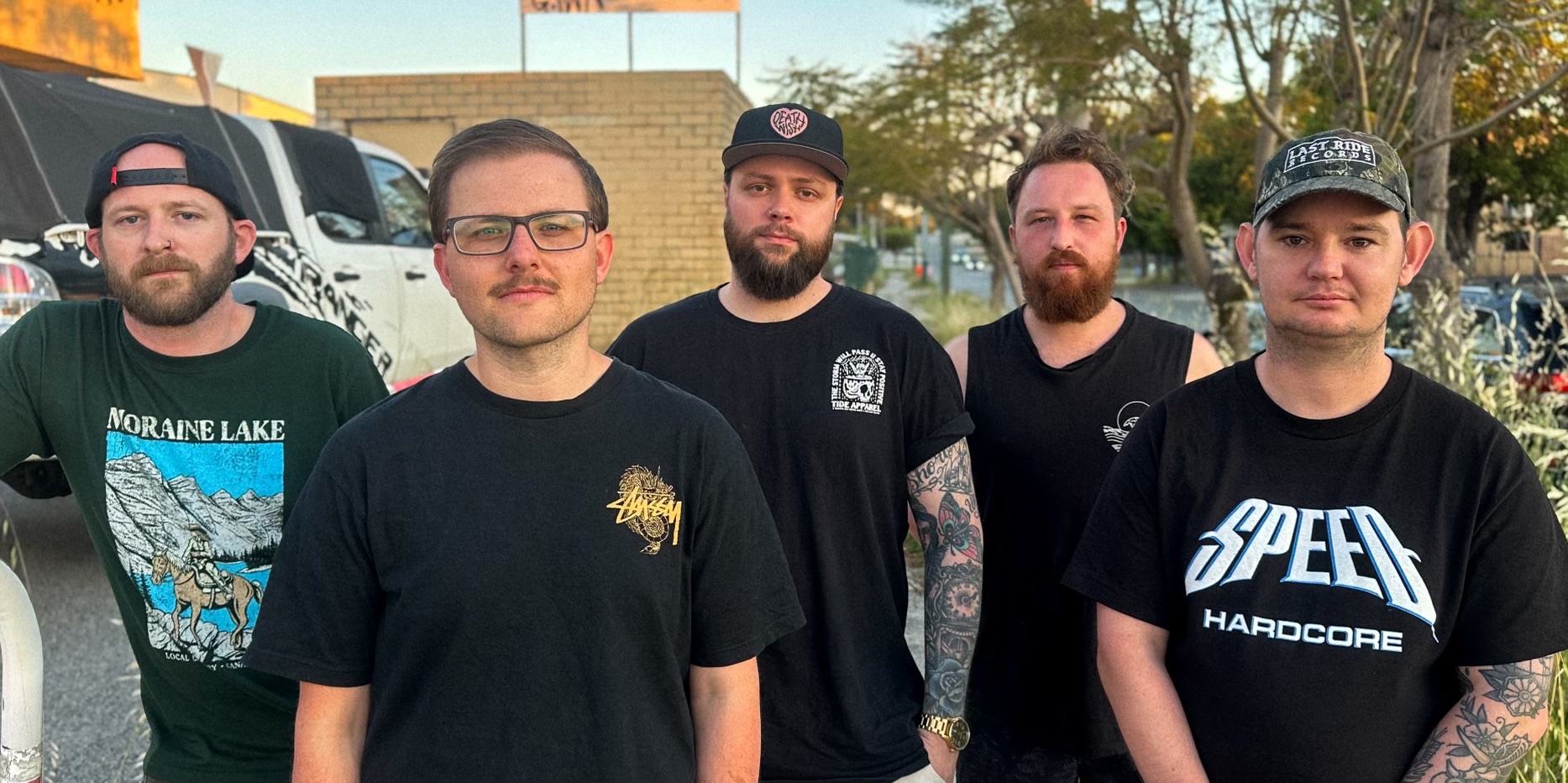Justin Wells - Sound In The Signals Interview
I recently had the opportunity to interview Justin Wells. We discussed his new album, The United State, how it relates to the stages of life, songwriting, the impact that Shooter Jennings has had on his career, the legacy of Fifth on the Floor, and more. Check it out below.
First, thanks for the interview.
Thanks for having me.
I’ve been listening to your new album ‘The United State’ and I really like the themes of the album a lot. Can you tell me about how the album relates to the stages of life?
Country music, blues, so much of roots music is based on the human endeavor. Birth, life, love, death. Heartache, happiness. I wanted to make a record that takes the listener through those stages in sequence, so that the whole of the album is the whole of a life of the experiences that we all tend to share.
The heartache isn't so much present. I've made whole records on that one.
How did you come up with the concept for the album?
I'm honestly not sure. The concept is a few years older than the songs. I had this folder in my notes app on my phone called "Life Album". I put little concepts, ideas, lyrics etc in there over the years, because knowing how I write, I knew it'd take some time.
Then, one of the ideas became a "The Screaming Song". Within a few months, I'd written the album.
“Temporary Blue” is a personal favorite of mine from the album. Can you tell me a little about writing that song specifically? How long did it take you to write that song?
That's a song about being a parent, and having no idea how to be a parent. Which I've come to understand is the way of things.
I have twin 8-year-olds. I have a great dad, I had no excuse. But there's no manual. Even with two identical humans, what they're each looking to get out of life varies tremendously.
"Temporary Blue" is a metaphor of life as a theater, the parent as an acting mentor, passing on some knowledge that may or may not benefit, and acknowledging that that young actor is going to do their thing regardless.
My kids' eyes were blue when they were born. They turned brown a couple years later. They're gonna do their thing regardless.
I saw on Instagram where you talked about Shooter Jennings and the impact that he had on your career. Can you tell me about some of your favorite moments of working with Shooter?
Shooter was the first champion of my old band Fifth on the Floor. He was a manager before we had a manager, and went to bat for us and for me in several ways over the years. He produced our album Ashes & Angels, which was the first album he'd ever produced other than his own. Shooter was and is good at amplifying what an artist is already doing right, while also being exploratory in a way that I think is lacking in so much music. He's got an eye and an ear for taking the work in a direction you likely wouldn't have thought of, and that direction pays off. That's the mark of a great collaborator and producer.
What did you think of the Marilyn Manson album he produced?
Love it. I'm a fan of Marilyn Manson the artist if not Marilyn Manson the musician, but Shooter let me hear a couple of songs after the album was finished, and Jesus.
I saw where the Fifth on the Floor song “January In Louisiana’ was added to Spotify’s ‘Alt Country Classics’ playlist. What do you think the legacy of Fifth on the Floor is? Did you ever expect that the music would have the impact that it has?
I don't know. I think Fifth on the Floor was a lot of different things at once, most of them good. We were brash, we were intent on doing things whether there was a clear path or not. Kentucky didn't have a lot of resources for a life as a musician.
I take pride in that band sounding like nothing else, in us being a band from Kentucky that charted a record. A band on the country charts that wasn't Alabama.
We didn't pay too much attention to the wheels falling off, we just wanted to GO. I'm glad we lived through it.
Thanks for taking the time to answer the questions. Do you have anything else that you would like to add?
Your TV and your smartphone are not true representations of the human beings outside your door. Have an analog conversation.
Follow Justin Wells:
Follow Sound In The Signals:






No comments: